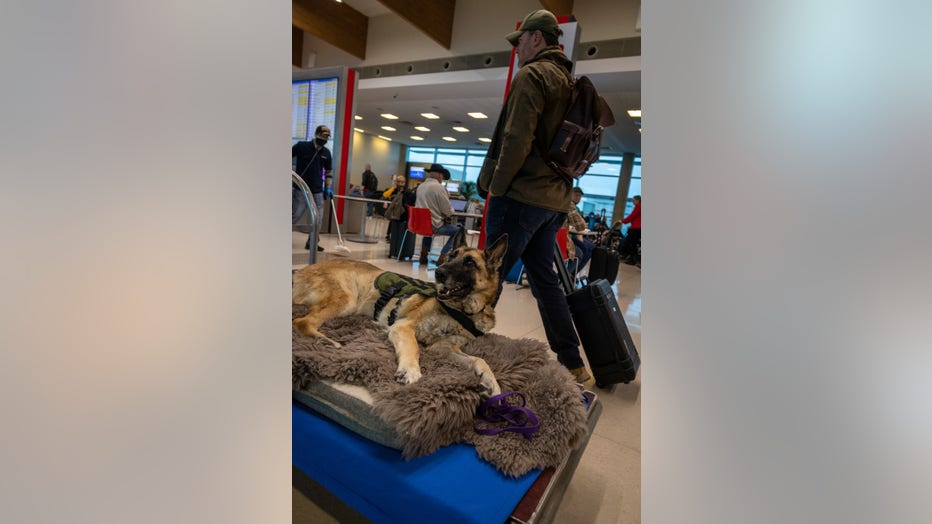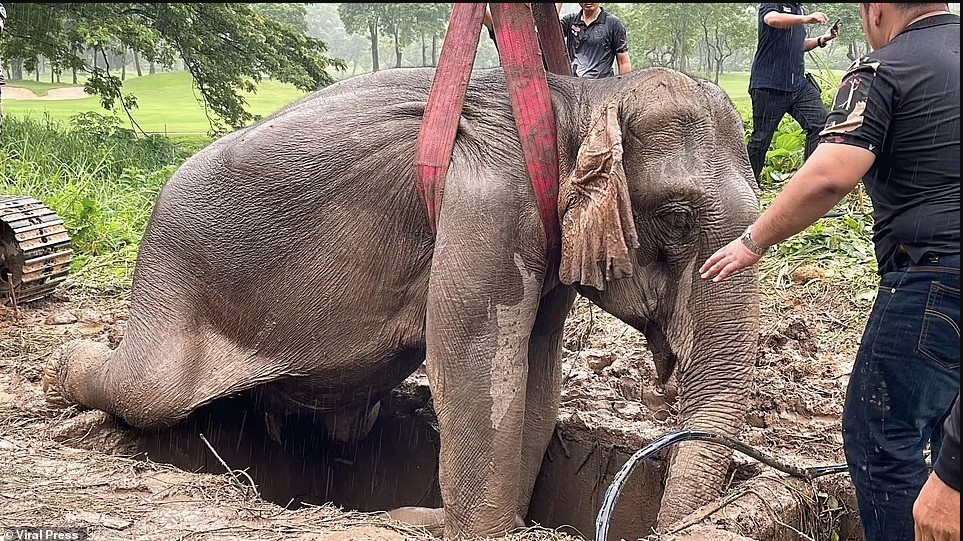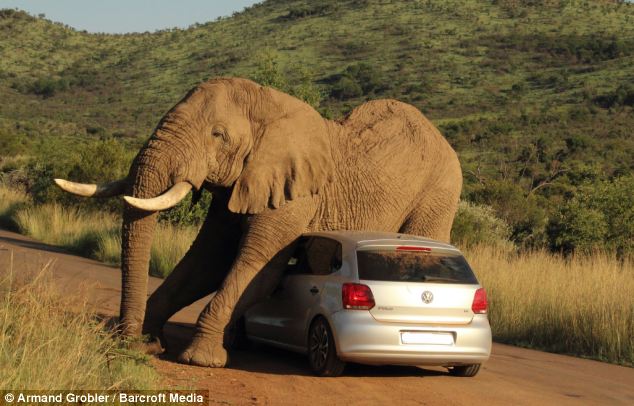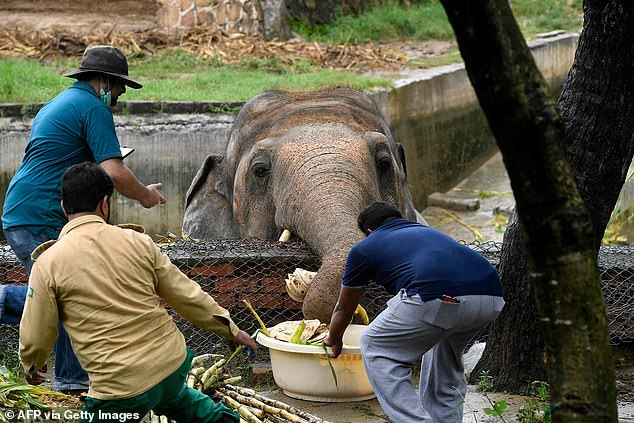Kaya, the German Shepherd who inspired the PAWS Act, was honored on her final Southwest flight. The sweet Service Dog had flown over 250 times to help her handler lobby congress and pass the historic PAWS Act.
After being diagnosed with incurable cancer, Kaya took one last flight to where she would be laid to rest.

When Cole Lyle was fresh out of the Marine Corps, he found himself struggling with the symptoms of PTSD. Not only that, but he wasn’t having the easiest time dealing with the deaths of friends and fellow veterans who died by suicide. Cole, like so many other service members, did not find relief from traditional treatments.
But everything changed in 2014 when Kaya came into Cole’s life. After learning that the VA did not readily provide service animals for veterans suffering from PTSD, Cole purchased Kaya from a breeder and paid out of pocket for her specialized training.

Luckily, Cole discovered that he had a friend who trained service dogs for veterans with PTSD, and he offered to train Kaya at an extremely discounted rate.
“Service dogs are specifically trained to do certain things, such as wake somebody up from a nightmare and assist with anxiety attacks. The temperament, the specific training, and the cost to pay the people who train the dog are all factors to consider when pricing a service dog. The average cost is probably closer to $20,000,” said Cole.

Kaya’s companionship changed everything, and Cole finally experienced symptom relief. He felt extremely lucky and wanted to help other veterans struggling with PTSD obtain service dogs. So, motivated by his own experiences and with Kaya by his side, Cole persistently pursued the passing of the PAWS Act. Starting in 2015, the pair flew over 250 times to lobby for the cause.
Thanks to the work of Kaya and Cole, The PAWS Act (also known as The PAWS for Veterans Therapy Act) was finally signed in August of 2021. Essentially, The PAWS Act requires that the U.S. Department of Veterans Affairs (VA) provide grants to organizations that train service dogs and then matches them with veterans.

The PAWS Act also amends the previous laws that only allowed service dogs for veterans with mobility impairment. Now, veterans are able to receive a lifesaving service animal for post-deployment mental health conditions, such as post-traumatic stress disorder.
According to the United States Department of Veterans Affairs, an alarming average of 20 veterans die from suicide each and every day.
“Kaya’s greatest legacy is — and always will be — the veterans who reached out and told me that she inspired them to get their service dog, and if they hadn’t, they would have killed themselves,” says Cole.
Now that Kaya has crossed the rainbow bridge, Cole is completely heartbroken. But he takes solace in knowing that his sweet Shepherd has helped make such a huge impact in the lives of so many veterans struggling with PTSD.
On her final flight, the pilot, also a veteran, announced over the plane’s loudspeaker that this flight was Kaya’s last. You can check-out the video of Kaya being honored during her final flight below.
Rest in peace, sweet girl.
Source: whattolaugh.com








